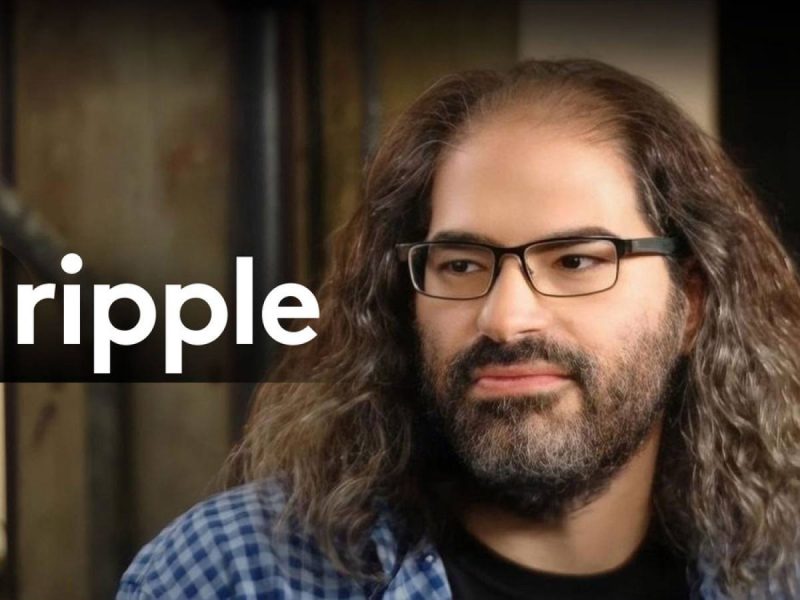Ripple’s Chief Technology Officer, David Schwartz, recently delved into the regulatory uncertainties surrounding staking and tokenization, sparking a significant conversation on the social media platform X. His dialogue began as a response to user Molly’s inquiry about how staking fits into current securities regulations—a question highlighting the broader industry’s quest for regulatory clarity.
The Regulatory Paradox of Staking
Schwartz opened up about the complexities and apparent contradictions of applying traditional securities laws to staking, a foundational process in many blockchain networks. This process, essential for the functionality and security of blockchains, faces scrutiny under laws that seem ill-fitted for the nuances of digital assets.
A Tangled Web of Tokenization and Securities
The discussion ventured into the ramifications of treating cryptocurrencies as securities, especially in light of recent advocacies and initiatives. Noteworthy points included the push by Prometheum for Ethereum to be recognized as a security and Blackrock’s exploration into asset tokenization on the Ethereum network. These developments, particularly against the backdrop of Ethereum’s shift to a Proof of Stake (POS) consensus mechanism, underscore the intricacies of classifying digital assets and their activities under existing regulatory frameworks.
Ripple’s Ongoing Dialogue for Clarity
Schwartz has been a vocal participant in the broader dialogue about cryptocurrency regulation, offering insights into Ripple’s challenges, including the distribution of its native digital asset, XRP. His comments reflect concerns over centralized control and the effort to ensure a fair distribution of XRP. This ongoing engagement underscores Ripple’s commitment to navigating regulatory challenges while fostering innovation in the blockchain and cryptocurrency space.
